Public Health Posts
Unlocking the Powerful Potential of Health Data

From new self-tracking devices to an interactive public data display, organizations are trying to figure out how we can make the best use of all this data to improve health on a large scale.
Where You Live Matters to Your Health
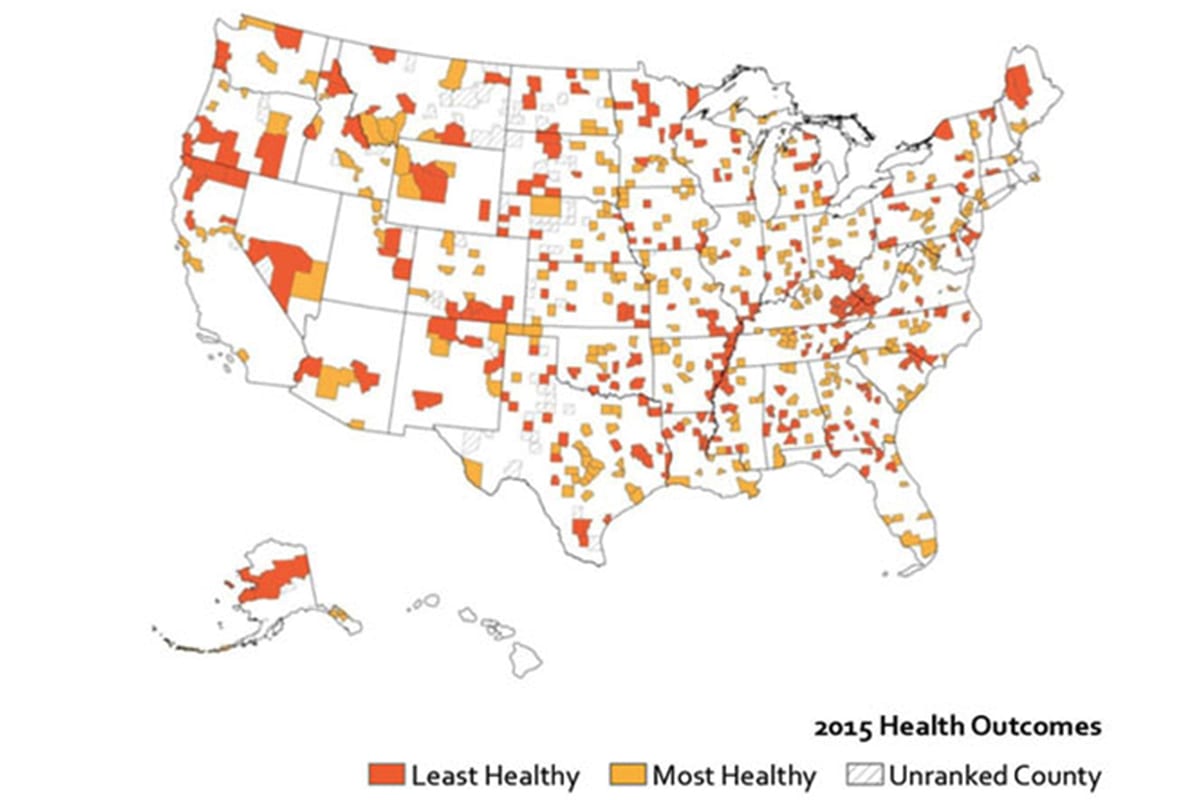
The Robert Wood Johnson Foundation and the University of Wisconsin’s Population Health Institute released the 2015 County Health Rankings, which shows that where you live influences how well and how long you live. It compares 30 factors that communities have the ability to do something about – including education, jobs, violent crime, housing, diet and exercise.
Consumers Save by Shopping for Health Care
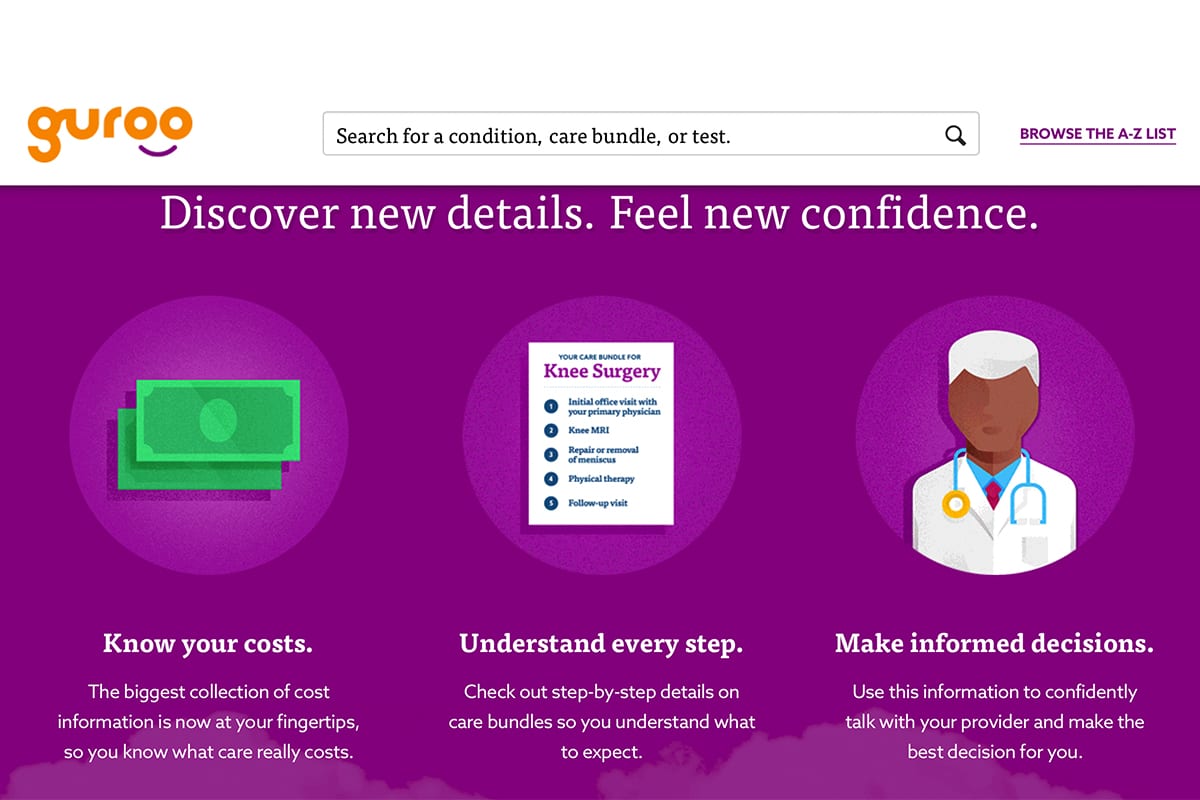
The Health Care Cost Institute is launching, Guroo.com, a website that provides national, state, and local information free to consumers to help them shop and make more informed choices about how they spend their health care dollars.
Improving Oral Health for Kids and Communities

Dental Health Aide Therapist (DHAT) Bonnie Johnson, from Emmonak, Alaska, travels around her community providing dental care to children and families in rural Alaska. Tribal leaders, dentists and community members explain how dental therapists like Bonnie have helped radically improve oral health in their villages while inspiring their community, once known for rampant tooth decay and poor oral health, to strive for a different, healthier future.
RWJF-funded Research Shows Power of Early Engagement in Treating Mental Illness
A Washington Post front-page story this week reports on the groundbreaking success of the Early Detection and Intervention for the Prevention of Psychosis Program (EDIPPP) in helping at-risk young people avoid developing schizophrenia, a costly and potentially life-altering condition that affects 2.4 million Americans.
Visiting Hours Are Over: Why Patients’ Families Should Be with Them 24/7
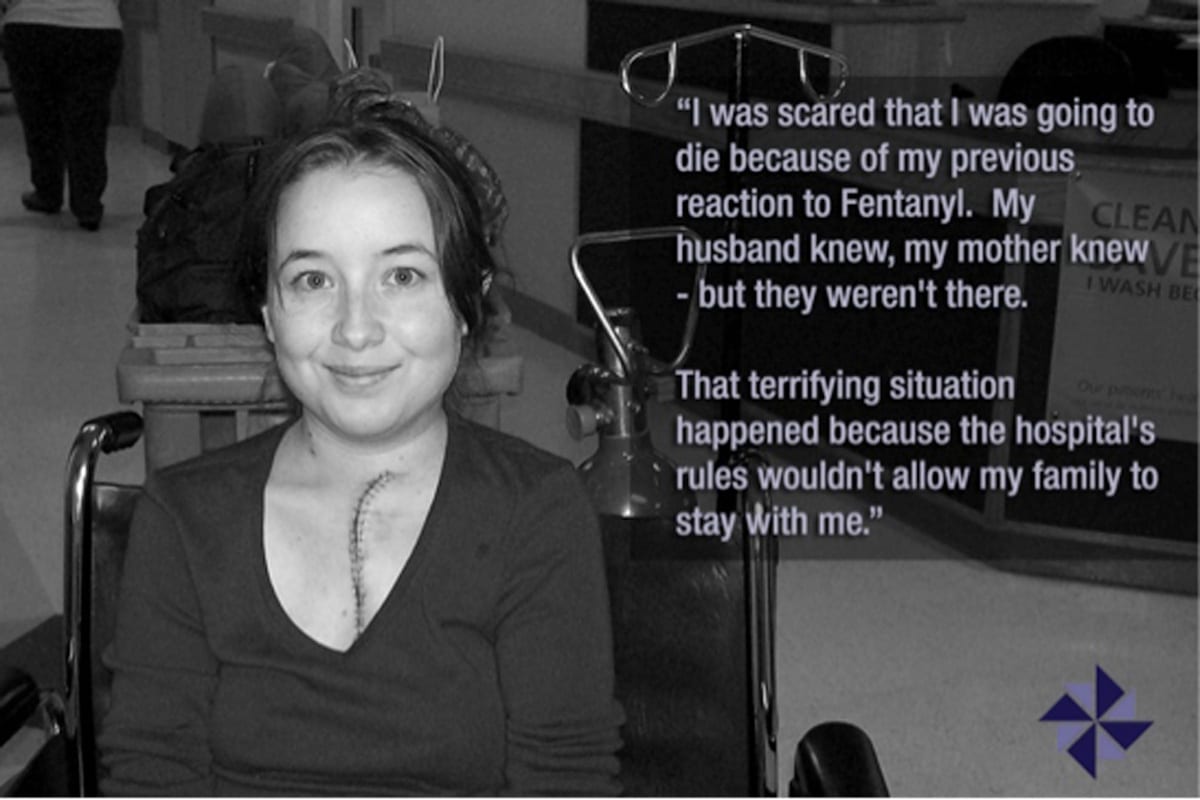
Imagine being separated from your family or loved one during your stay in the hospital or ICU. Maybe you’re even in pain and critically ill, or you’re told you can’t be with your spouse because “visiting hours are over.” Studies show that having a loved one by your side can reduce patient stress and complications as well as improve patient satisfaction in the hospital.
Wired for Pain: How Different People Process Pain
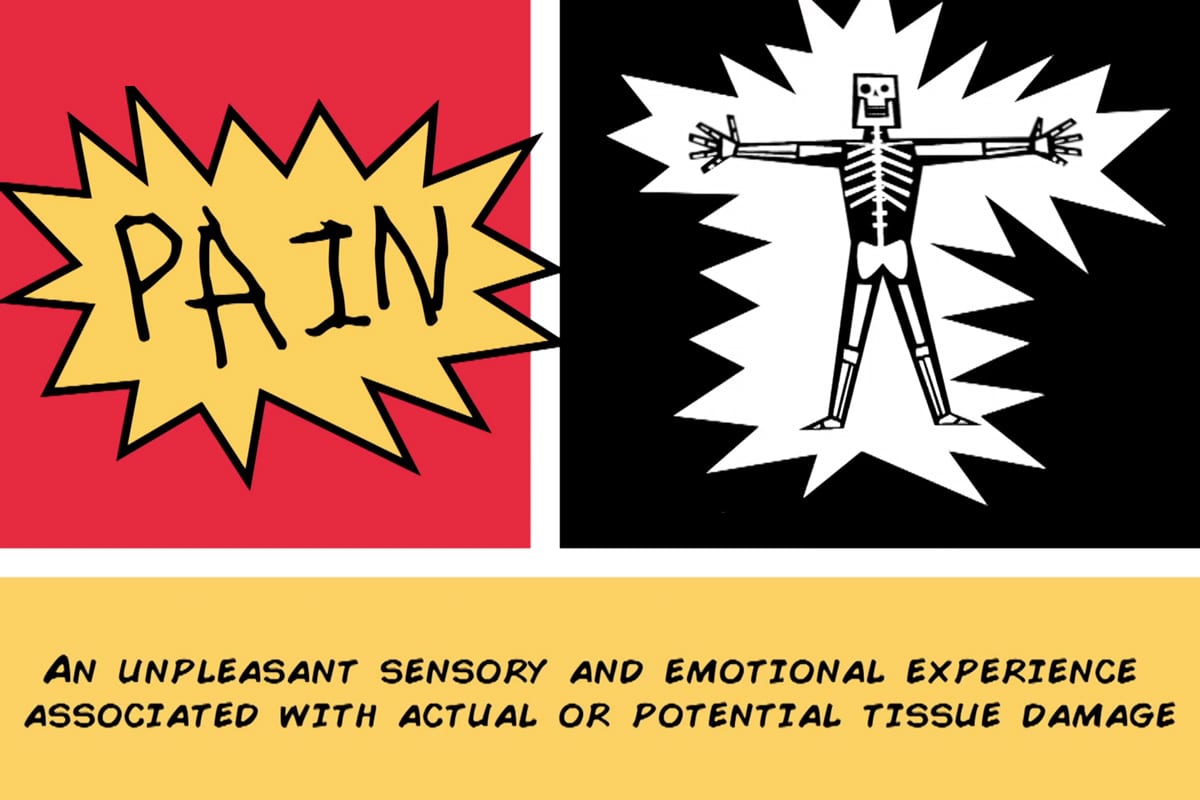
In a new TED-Ed lesson, Dr. Karen Davis, a 2013 Mayday Pain & Society Fellow (a Burness client), explains how natural variations in our brain structure determine how we handle pain.
Simple Approaches to Reduce Children’s Pain
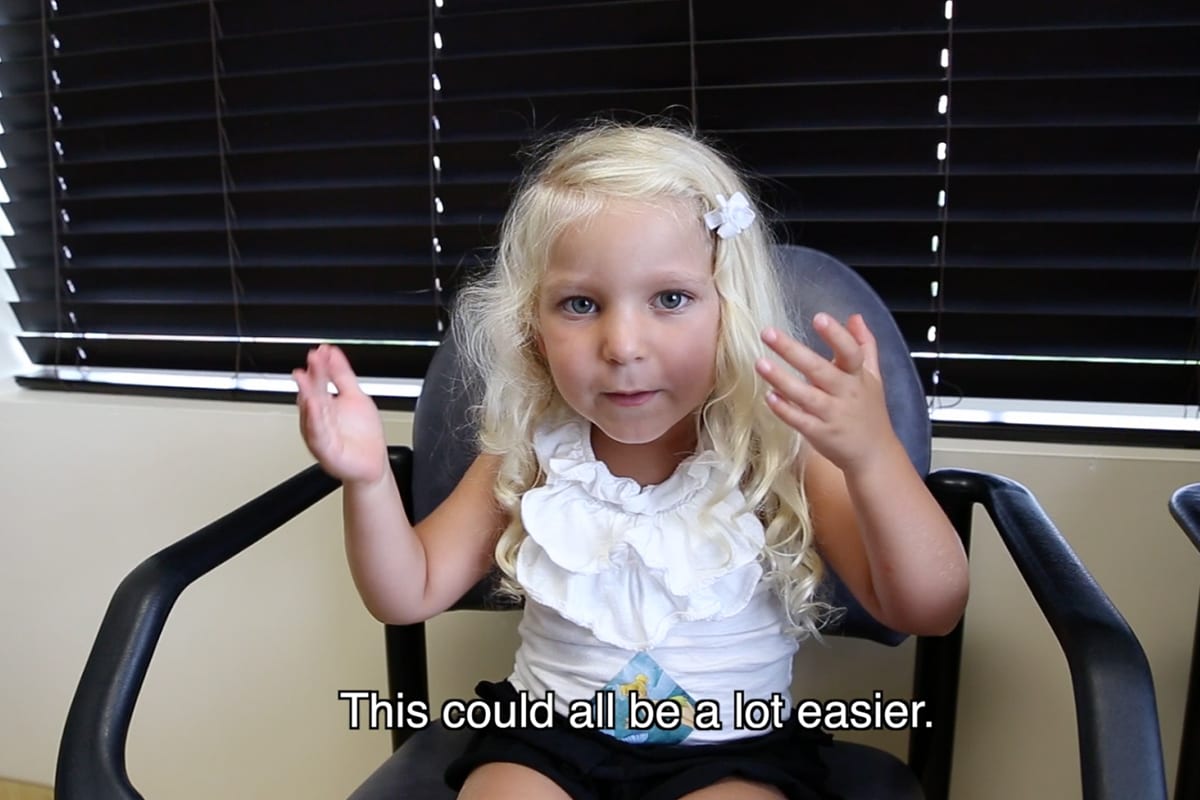
Fewer than five percent of children receive any kind of pain relief during routine immunizations, even though research shows that there are simple, no-cost solutions that work.
New Report: Doctors’ Participation in Interrogation and Torture in U.S. Detention Centers

a new report from the Institute on Medicine as a Profession (IMAP) says that military doctors and psychologists have let national security interests trump ethical standards, leading them to design, enable and engage in torture of detainees in U.S. military detention centers.
Messages and Messengers Come in All Packages

There are all kinds of ways to get an important message across, but is anyone really listening? If you’ve got the right messenger and setting, they’re more likely to.
